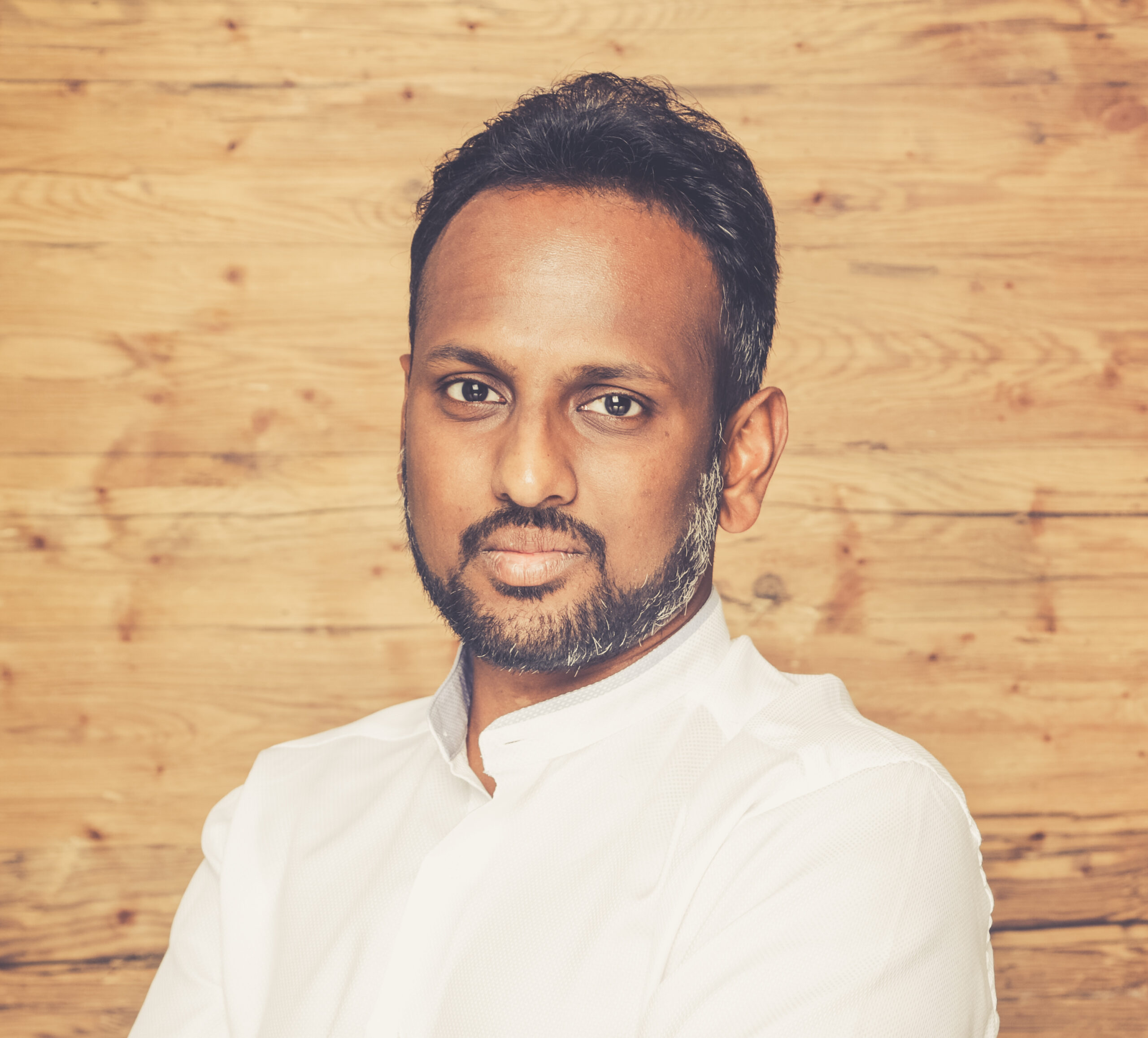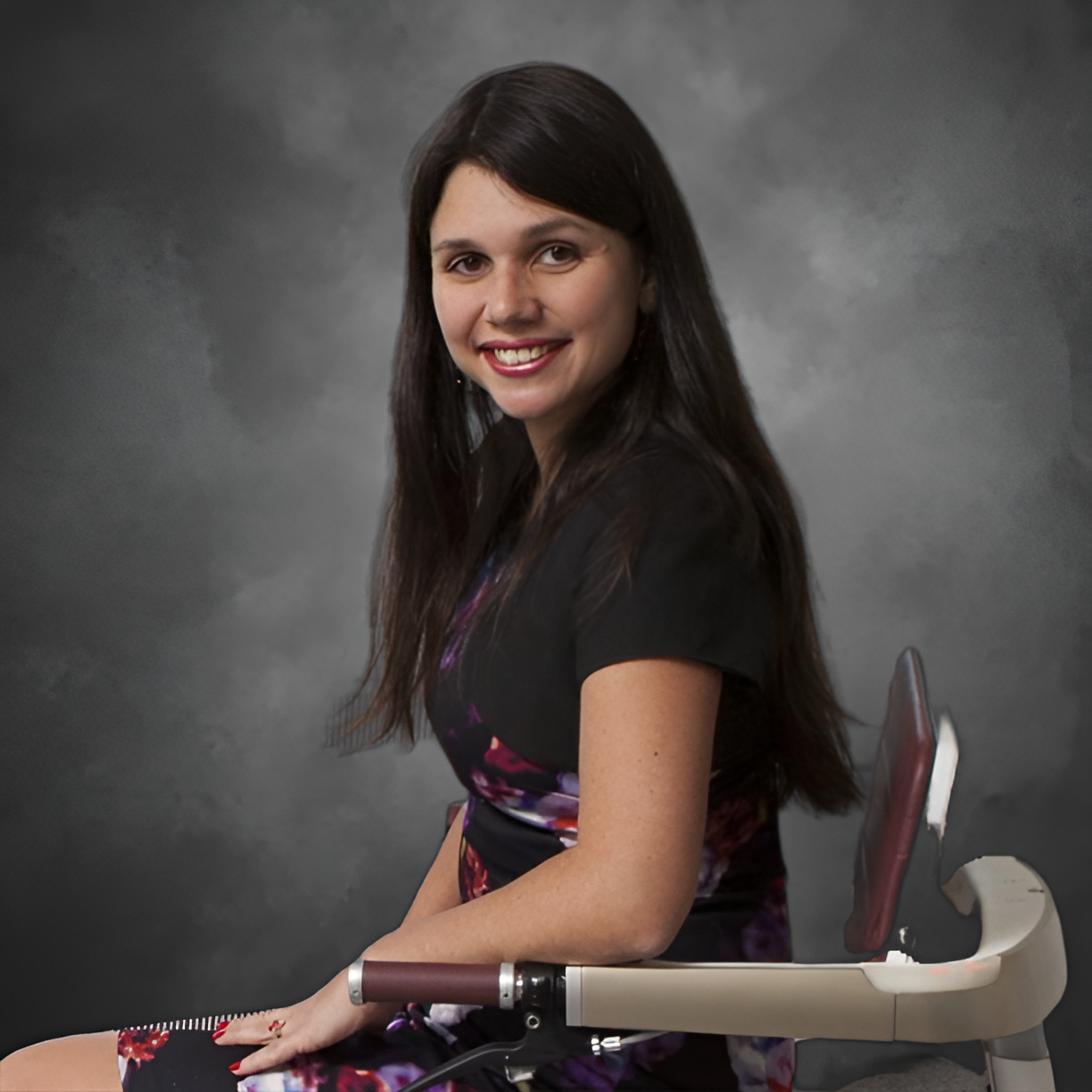OUR LEADERSHIP TEAM
Diverse, Experienced, International

Aswin Chandarr
PhD, MBA
Aswin Chandarr is a distinguished figure at the forefront of artificial intelligence (AI) and robotics, embodying the roles of an entrepreneur, author, and educator. With over 18 years of groundbreaking work in AI and robotics, Chandarr has dedicated his career to unraveling the complexities of technology and its implications for humanity's future.
As the visionary founder of The Global AI Transformation Institute,
Chandarr has created a pivotal platform committed to demystifying
AI's vast capabilities and potential for societal benefit. Promoting a
multidimensional view of technology as a force for global progress
and innovation, it offers unparalleled consulting and training that
intersects business, education, and policy.
With a rich academic background, including a Ph.D. and an MBA from prestigious institutions in the Netherlands and the USA, Aswin can demystify complex technical terms with astonishing simplicity. His work extends beyond academia into the tangible world, where he has pioneered multiple robotics companies, such as Robot Care Systems and Loop Robots. These ventures focus on integrating robots into daily life to address some of society's most pressing challenges, particularly in elderly care and healthcare.
Chandarr's work as a futurist is not just about predicting the future; it's about creating it. His insights into the evolving landscape of AI and robotics are profound and actionable, encouraging others to engage proactively with the future of technology.
His latest book Inevitable AI is the culmination of his work and genesis of this Institute.

Maja Rudinac
PhD, MBA
With over two decades of rich experience spanning the full spectrum of the tech industry, Maja Rudinac has made significant strides from academia to the entrepreneurial world. Her journey is distinguished by her ability to lead and transform, from igniting startups to steering companies towards IPOs, all while addressing some of society’s most pressing challenges through technology. Her leadership has been pivotal in various capacities, blending deep technological understanding with strategic operational management. Maja's expertise in artificial intelligence and organizational growth uniquely positions her to spearhead AI transformations across scales.
Maja’s global leadership extends across diverse cultures, from Asia to Silicon Valley, characterized by a commitment to excellence and responsibility. Her multifaceted skill set encompasses everything from the intricacies of technology development to strategic planning and execution across organizational functions. This broad expertise, combined with her charismatic and empathetic approach, has earned her prestigious accolades, including the Entrepreneur of the Year award from the Dutch Royal Family.
At her core, Maja is driven by a mission to leverage technology for enhancing quality of life, exemplified by her work on healthcare innovations for the elderly and women. Her vision and actions are testament to her belief in technology as a force for good, making her an invaluable leader in the quest for meaningful AI integration.

Michael Demidenko
Stanford | PhD | Principal Research Scientist
Michael clocks over 15 years of experience in research, quantitative methods, and big data analytics. He has extensive experience managing vast secondary data, end-to-end analytic workflows, and developing open-source analytic code and software in R and Python.
Michael has a rich academic background, receiving a PhD from the University of Michigan and postdoctoral training at Stanford University. He has worked with a wide range of research data, spanning mental health, clinical, biological, behavioral and survey domains. He has been funded through prominent agencies from various institutes under the National Institutes of Health in the US. He has led or contributed to over 30 research products in prominent scientific journals and book chapters.
Michael’s research also helps advance developmental and cognitive neuroscience fields by developing an understanding of measurement issues and improving accessible analytic workflows.
